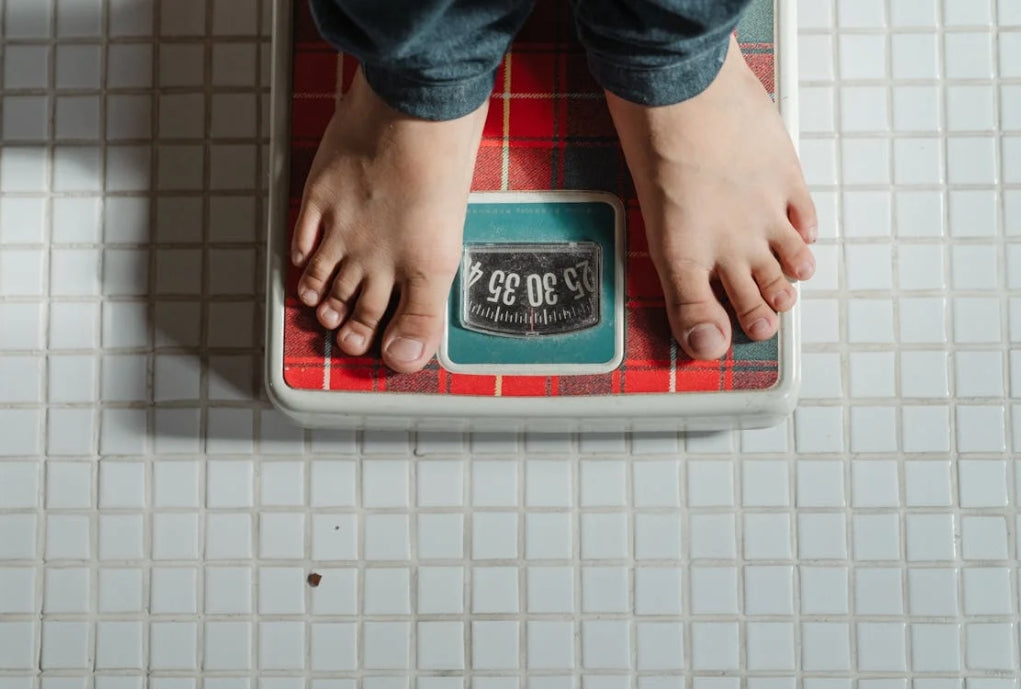Ever heard a "crack" from your knees when you bend down to tie your shoes, or when you stand up after a long sit? It's a sound that's often associated with aging, yet it can be heard from the young and active as well.
While these "crackles" may seem minor, they can be a source of concern for those who are into fitness. Why do our knees make such noises? Is it something we should be worried about?
The Sound of Knees
Popping, cracking, or snapping sounds from the knee joint are quite common and can occur at any age. These are considered internal knee joint disorders.
Joint noises can be either physiological or pathological. Generally, if the noise is just a pop without any accompanying redness, swelling, pain, or hindrance to normal activities, it's classified as physiological, which typically poses little harm to the body and doesn't require special treatment. There's no need to be overly concerned.
Physiological Crackling
Joints are where bones meet, and they contain synovial fluid that lubricates them. When we suddenly move our knee joints, tiny gas bubbles within the synovial fluid can collapse due to changes in joint pressure, creating a sound.
However, some people may experience discomfort such as soreness or swelling along with the joint noise, which could indicate a pathological injury. This might suggest damage to the meniscus or anterior cruciate ligament, knee joint inflammation, or wear and tear of the patellofemoral joint. It could also be due to a deviation in the patellar track during movement, or imbalances in muscle strength or incorrect movement patterns, all of which can lead to discomfort and pain accompanied by knee noise.
Pathological Crackling Injuries
In such cases, it's crucial to seek a medical check-up at a reputable hospital as soon as possible to identify the cause and receive appropriate treatment.
Not all "crackles" from the knee are a cause for alarm. Physiological noises and those related to muscle condition or movement patterns can often be resolved or alleviated by reducing weight, strengthening knee joint muscles, and adjusting movement patterns.
- Strengthen the Muscles Around the Knee Joint
Weak inner quadriceps and tight outer muscles can affect the tracking of the patella during knee joint movement. Improvement can be achieved by relaxing the tight outer muscles and training the inner quadriceps.
During a wall squat, keep your feet shoulder-width apart, maintain an upright posture against the wall, and squat down, ensuring your knees are aligned with the second toe. Progress to an external rotation squat, where the toes are pointed outward while the knees remain forward.
It's important to note that a flexion angle of 75° is the optimal angle for knee joint functional recovery exercises. At this angle, the muscles are fully engaged, and the load on the patellofemoral joint is relatively low.
- Relax the Quadriceps
Tight quadriceps (the muscles at the front of the thigh) can cause the patella to be continuously pulled, leading to knee joint noise. This can be alleviated through massage, use of a fascia gun, or stretching to relax the muscle.
- Adjust Movement Patterns
Many beginners in exercise may adopt incorrect postures, particularly with issues in the knee joint force line. For instance, during a deep squat, if the knees cave in, it can lead to problems such as noise during movement. To address this, you can add an elastic band around the knees during the exercise. Maintain the band's tension throughout the movement to prevent the knees from caving in.
Once you've established the correct movement patterns, your knee joint will be safer.
Regardless of whether there's an injury, it's important to take care of your knee joints. Opt for forms of exercise that put less stress on the knees, such as rowing machines, elliptical trainers, stationary cycling, and swimming. Minimize activities like mountain climbing and long-distance brisk walking, which can put significant stress on the knee joints.
Listening to Your Body
Every sensation in our body deserves our keen attention, even if it's just a "crackle." Although most of the time, knee joint noises do not mean that the "knee is broken," it's through these sounds that we have the opportunity to understand our bodies and ourselves better.
Caring a little more and understanding a bit more about our bodies is also the beginning of loving ourselves more, isn't it?



